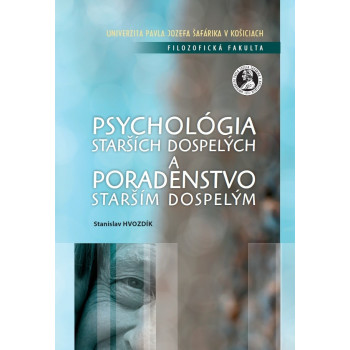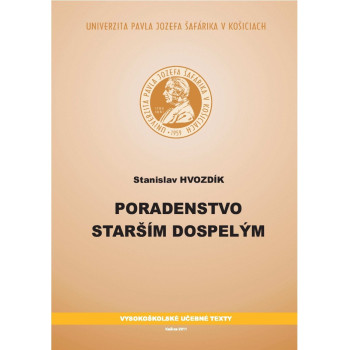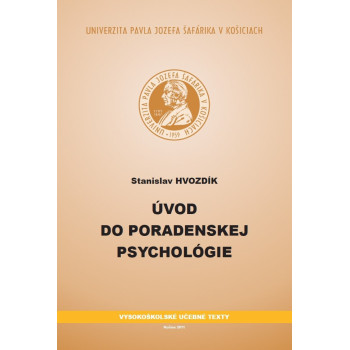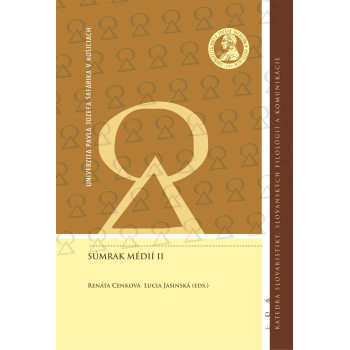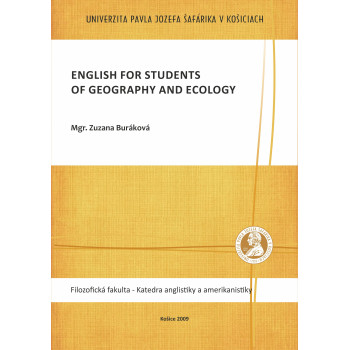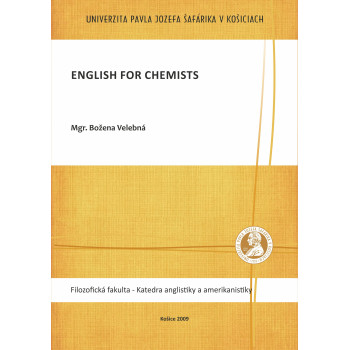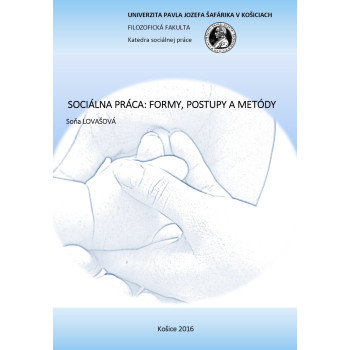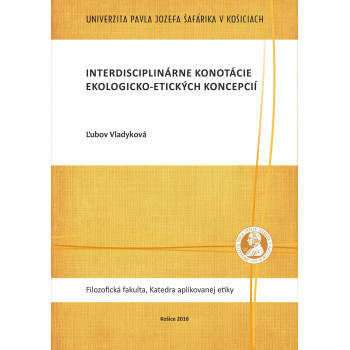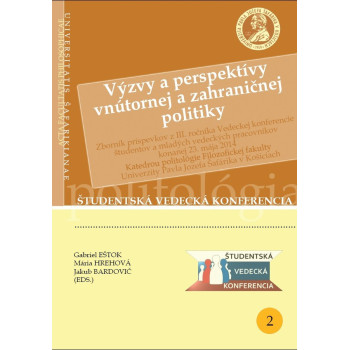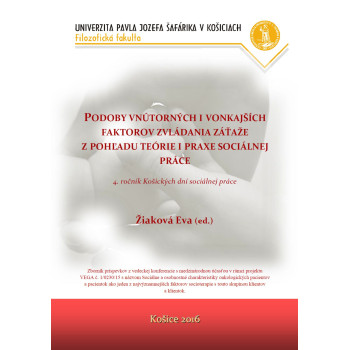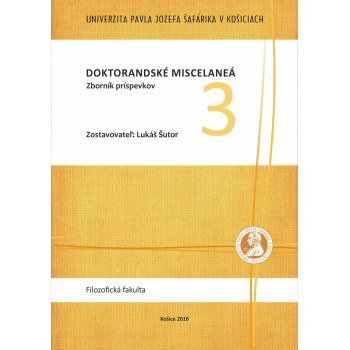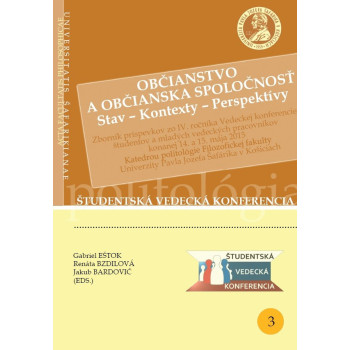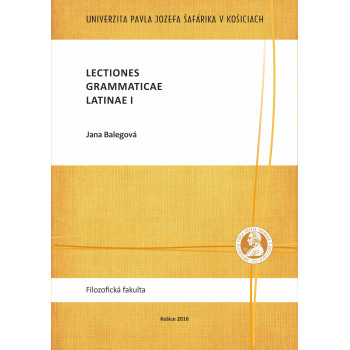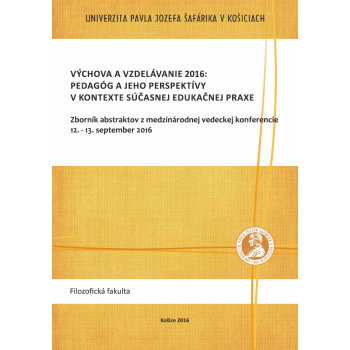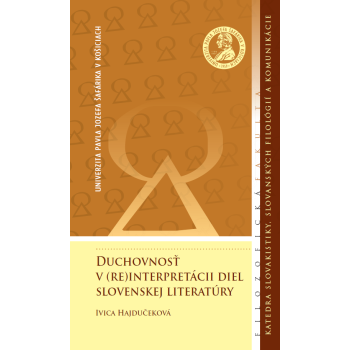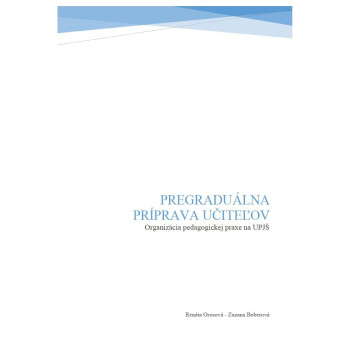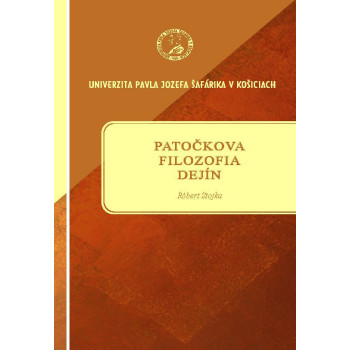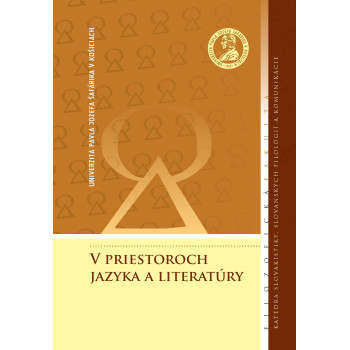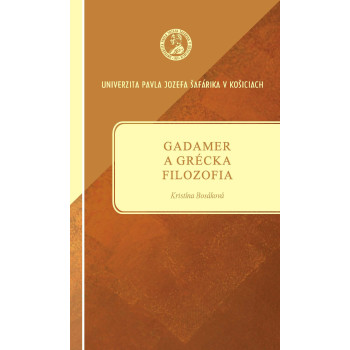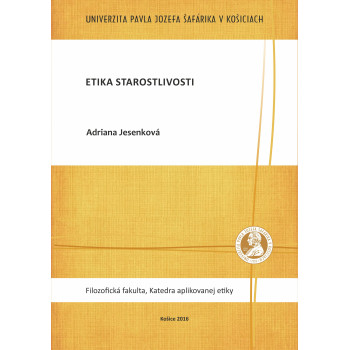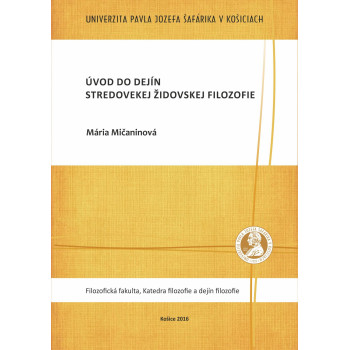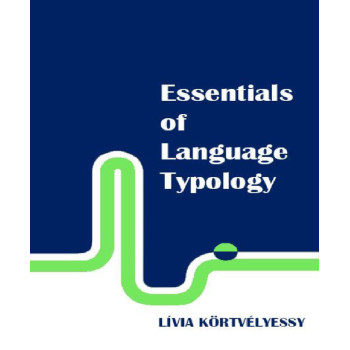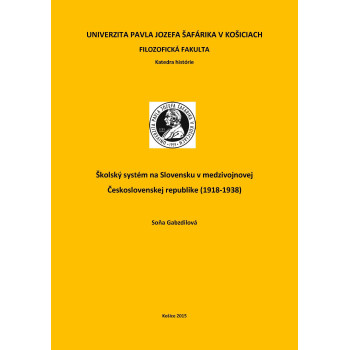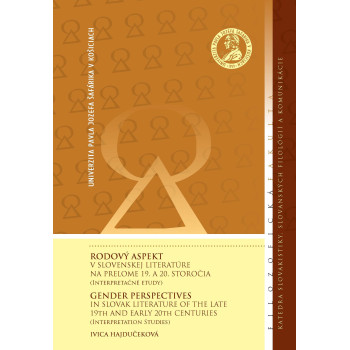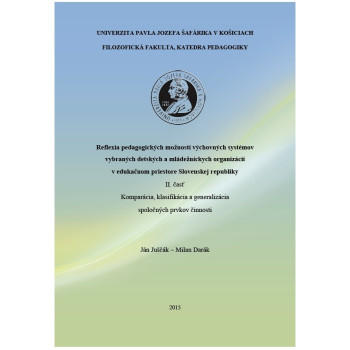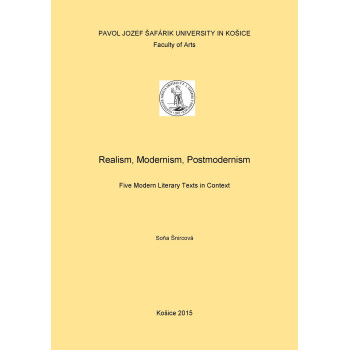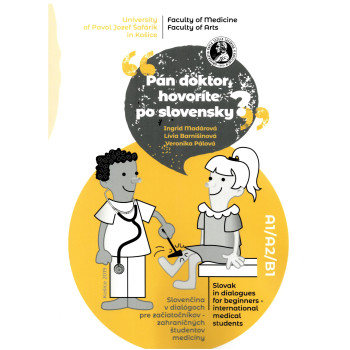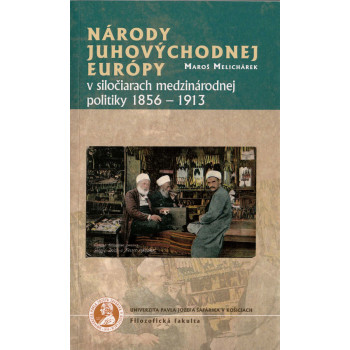Psychológia starších dospelých a poradenstvo...
Obdobie staršej dospelosti je aj pre psychológiu príležitosť urobiť syntézu svojej prírodovednej tradície a filozofickej tradície. Psychológia sa takto môže lepšie napojiť na mentálnu prácu ľudí žijúcich toto vekové obdobie staršej dospelosti usilujúcich v rozličnej miere o komplexicitu vo svojom živote. Psychológia môže pomôcť tomuto úsiliu, pretože celistvosť človeka je aj programom jej rozvoja. Publikácia rozpoznáva seniora nie len ako objekt, ale aj ako subjekt usilujúci o svoju podmetovosť na jeho celoživotnej ceste. Priatie veku hľadá svoje optimálne vyjadrenie a je možné najmä v súvsťažností psychologického a spirituálneho vývinu človeka. Psychológia staršieho človeka objavuje starobu nie ako totalitu vyraďujúcu človeka z cyklu života, ale ako obdobie výberu pre život dôležitých domén spojených s preladením do vnútra, ktoré doceňuje pokoj. V tejto optike sa selektujú veci a javy tak aby nerušili, ale harmonizovali. To nie je odmietnutie vonkajšieho, ale rozlíšenie kedy dáva zmysel. Staroba preveruje aj spoločnosť , verejnosť, ktorá by mala odrážať úroveň procesov starostlivosti o duševno. Aby svet urobilo užitočným pre človeka, ale je aj dôvodom ako to vyjadril Patočka samotnej starostlivosti o toto duševno. Pozícia starého človeka v spoločnosti je obrazom toho akú váhu spoločnosť prikladá duševnému životu ľudí. Publikácia prináša poznatky psychologickej povahy o tomto vekovom období a v špeciálnej časti informácie okolo pomáhania a poradenstva.
Autor


